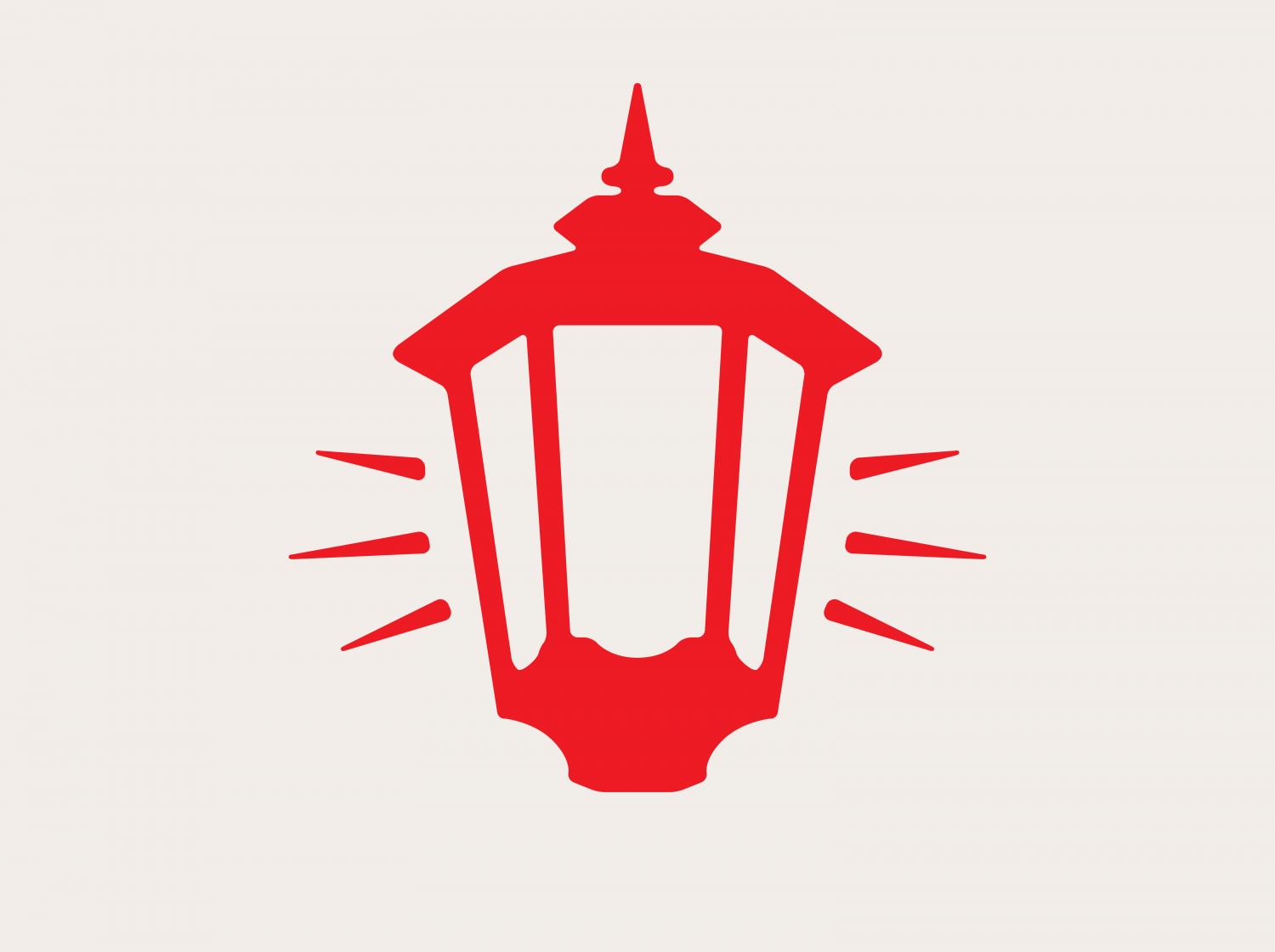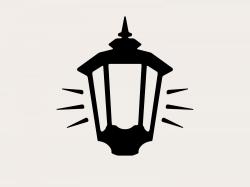
Democracy, Debates, and Daughters


Tonight my ten-year-old daughter will beg us to stay up until 11 p.m. so she can watch the first presidential debate between Hillary Clinton and Donald Trump. And we might relent. But it breaks my heart.
Long before I had a child, back when I thought about what I could do for one, I pictured guiding her through her civic education. I would calmly explain that America’s two major political parties differed greatly in their understanding of a good life, of a good nation, and of a good world. I would tell her that each party reflects and rewards its interest groups and constituencies. I would tell her stories about how the Democratic Party embraced civil rights in fits and starts, and how that forced a monumental realignment. And I would help her respect the process as well as those who disagree with her. She might even grow to disagree with me. And that would be fine as long as she did it thoughtfully.
My mother did all that for me. When I was six my mother explained why we had a mcgovern for president sign in our front yard and why my best friend’s family resented it. My home teemed with political discussion during my parents’ dinner parties. And there was always a copy of Newsweek lying around, tempting me to ask my parents questions about its contents.
When I was ten, as with my daughter, I witnessed a presidential election. That year I followed both conventions closely. I had a favorite in the primaries (Mo Udall, though my parents voted for Carter). My mother explained to me the difference between a Scoop Jackson Democrat and a just-about-everybody-else Democrat.
When the general election rolled around, I watched every minute of every debate. I remember the collective gasps the country let out when President Ford declared Poland free of Soviet domination.
I came out of that experience understanding that in that bicentennial year of its founding, our country had undergone a remarkable feat in human history—yet another peaceful transition of power from one imperfect party and president to another imperfect party and president. And it would be mostly okay in the long run. It would not be okay for everyone, of course. It would still be a cruel country in a cruel world. Injustices would continue to take their victims. But we were collectively working toward something better, all agreeing on the basic rules of engagement for political disagreement.
I had all the advantages of being a mere two-year-old in 1968; I was blissfully ignorant of Nixon’s corrupt machinations and his subsequent war crimes against the Cambodian people. I did not learn until years later about Hubert Humphrey’s inability to generate the courage to oppose a stupid war—one that looks rather tame in the wake of the debacle in Iraq. I knew nothing about political assassinations or riots. I did not know that a Democratic mayor of Chicago could spew anti-Semitic insults at the stage when a Jewish senator addressed the convention. And I only knew of George Wallace from his futile aborted run at the 1976 Democratic nomination.
To come of age politically in 1976 allowed me to embrace the idealism of living in a thriving and healthy democratic republic. The smoke and embers of 1968 had only just cleared. And the post-Watergate reform efforts within both parties echoed the dominant themes of the time. There was, oddly in retrospect, tremendous optimism in America in 1976. The tall ships sailed the nation’s harbors, celebrating 200 years of a checkered past. And the greatest athlete in the world was a telegenic American with a shaggy, center-parted haircut, an Olympic decathlete then named Bruce Jenner.
Most important, the presidential campaign was between two gentlemen who by most accounts were decent human beings. No one could accuse either of being racist or any more sexist than most men of their time. Governor Carter had risked his career by supporting civil rights in Georgia. And President Ford supported the Equal Rights Amendment. Ford consistently supported civil-rights legislation while in Congress, including the 1964 Civil Rights Act. Both had reputations for rectitude and incorruptibility—particularly important in the wake of Watergate and its related scandals.
In my ten-year-old mind, my country was choosing between two well-articulated visions of the immediate future. If my side lost the election, so be it. The country would continue on and my side would have another opportunity to plead its case in 1980. If my side won, the other party would do the same, soberly, deliberately, fairly, and with a concern for the long-term health of our country and its system of government.
How spoiled I was. Four years later, when I was fourteen, I heard accusations that Ronald Reagan was an unhinged, immoderate, reckless ideologue bent on reviving the fever dreams of the John Birch Society. He was Barry Goldwater with cadence and charisma. That turned out to be an exaggeration. But Carter’s defeat tested my idealism. Still, I understood the country was economically stagnant (it would get worse immediately under Reagan) and socially exhausted.
The foundation that 1976 built in me somehow endured “Morning in America,” Willie Horton, and the Whitewater “investigation.” It only crumbled when one party decided to impeach a twice-elected president for no reason at all, deciding that grabbing power by any means at their disposal was justified. Then, of course, came the appointment of an unelected president by five members of the Supreme Court. And American democracy had devolved into a joke. It was only restored slightly in 2004 with a legitimate plebicite, despite the indignity of the Swift-Boat harassment of a decorated war hero.
Remarkably, the elections of 2008 and 2012 echoed 1976 more than any since. They both were fair contests between dignified opponents who were considered fairly competent, smart, decent people who treated others well (Sarah Palin excepted). They differed on their vision for the country and the interests they would reward once in power. But no one said this was a country above basic corruption, only that it is less corrupt than most.
And so I looked forward to this election. My faith in American democracy had been tentatively restored. I feared the rumblings at the base of the Republican Party—nativist, racist, nationalist, isolationist, and simplistic. But I had seen the Republican Party filter out its most dangerous elements consistently for years.
Then came this. The 2016 election has no dignity in it.
My daughter will likely never see American politics as anything but a contest between one reasonable party whose members do not hate vast swaths of their fellow Americans and another party so hijacked by hatred and fear that it nominated Donald Trump, the worst person it could find.
This is not as much a problem for my daughter, who likely will never love this country the way I do, as it is for my country itself.
How long will it be before we have two viable, respectable political parties once again? What level of turmoil—even violence—will we have to suffer in that process? Will the one remaining reasonable party survive the process intact, or will it be pushed to fracture along its own internal ideological fault lines? Will unreasonable, even dangerous people rise to power among the Democrats as well?
Will Americans cease to believe in the close approximation of democracy that we have so clumsily forged over 240 years? Will we just give up?
These questions will endure long after November 8, 2016. Tonight, though, I wish my daughter could catch a glimpse of what politics could be. It could be—and occasionally has been—noble, humane, and about something more than resentment and fear. I would give anything to see goose bumps rise on my daughter’s arms as she contemplates the American saga and the symbolic power each of us can feel when we cast a ballot. I still get chills and occasionally tears every time I vote. I once almost broke down when I stood seventy-five miles from the capital of the Confederacy and voted for a man of African descent.
Will my daughter ever feel so inspired by the act of voting? Will she ever be in awe of the ritual? Will any of America’s daughters? If Hillary Clinton prevails tonight and in November, my daughter will relish the victory. She has canvassed for Clinton. She has registered new voters. She wears her women’s rights are human rights T-shirt to school. She would be proud of our new president. But the country will not heal for many years.
I would share her joy at an electoral victory. But she will never share my idealism. I’m not sure I will ever regain it.

![[image of Siva Vaidhyanathan]](/sites/default/files/styles/max_650x650/public/2024-06/SivaMug2023.jpg?itok=4XoDsN7U)